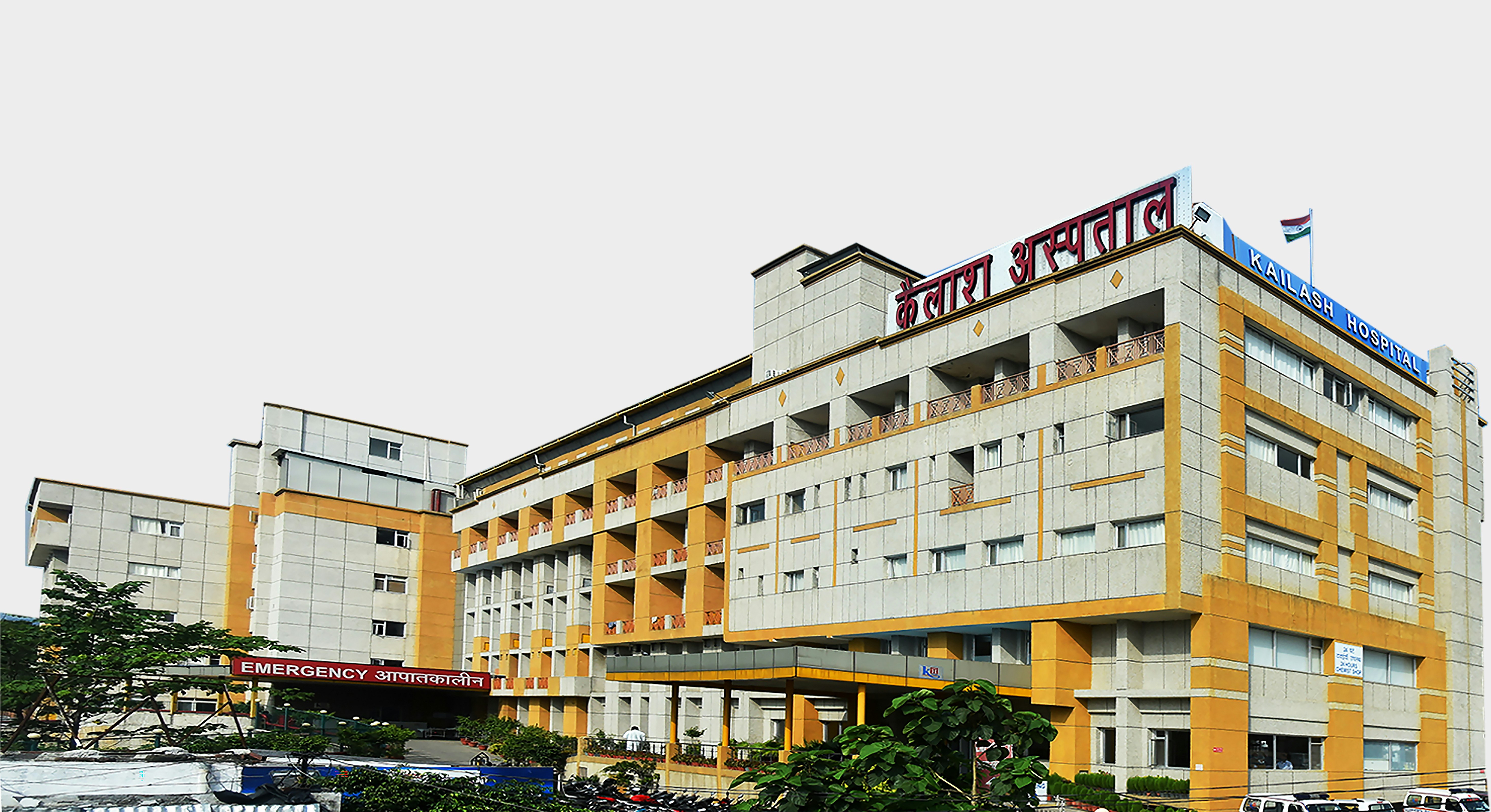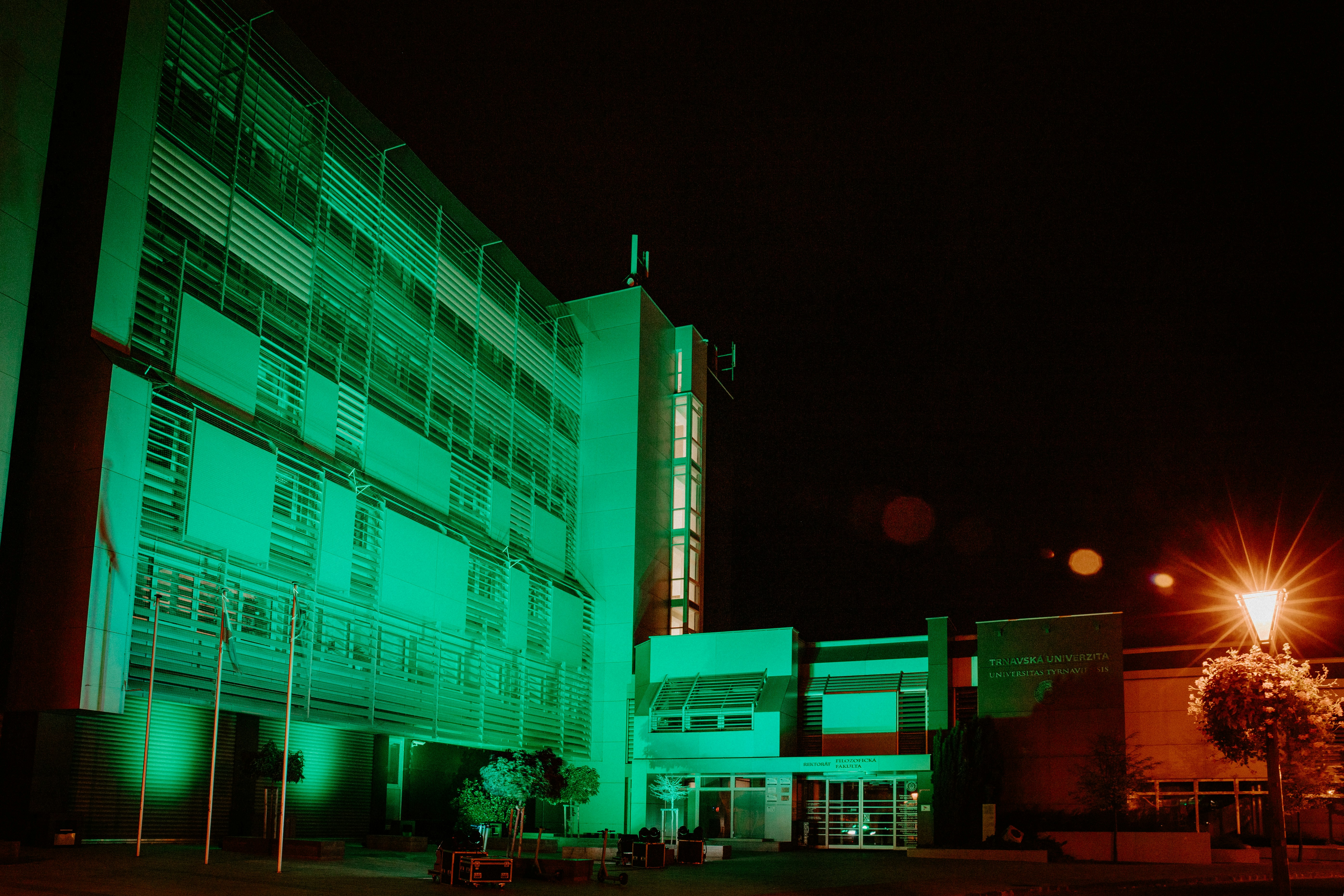Autism Testing Centers In New Mexico: Where To Get Tested

Getting tested for autism can be a life-changing step — whether you're a parent seeking answers for your child, a teen facing social or academic challenges, or an adult finally understanding lifelong patterns.
Autism testing isn’t about labeling — it’s about gaining insight. A clear diagnosis can open the door to helpful therapies, support systems, and services that improve everyday life, relationships, and personal growth.
Who Should Consider Getting Evaluated
Autism looks different for everyone. Some people may avoid eye contact, have intense interests, or react strongly to sounds and textures. Others may find it hard to express emotions or adjust to changes in routine.
If you or someone you love shows signs of autism — no matter the age — getting evaluated is a smart, empowering step toward understanding and support.
In New Mexico, you’ll find many trusted places that offer autism evaluations — from pediatric specialists and adult clinics to community programs and university-based centers.
This guide will help you explore the best options based on your needs, age group, and location — so you can take the next step with clarity and confidence.
Types of Autism Testing Services in New Mexico
Autism testing isn’t one-size-fits-all. The process can look different depending on your age, your unique strengths and challenges, and whether you’re looking for a quick screening or a full diagnostic evaluation.
Here’s a simple breakdown of the autism testing services available in New Mexico:
Diagnostic Evaluations for Children
For young children, early diagnosis can make a big difference. These evaluations are usually done by a team that may include developmental pediatricians, child psychologists, or speech-language therapists. The goal is to understand your child’s development by observing how they play, communicate, and interact.
What it includes:
- Interviews with parents or caregivers
- Play-based assessments
- Speech and language testing
- Observation of social and emotional behaviors
These evaluations help parents understand whether their child may be on the autism spectrum and what early support could help them thrive.
Autism Testing for Teens and Adults
Some people don’t get diagnosed until later in life — especially if they’ve learned to mask their symptoms or were misunderstood growing up. Testing for teens and adults often focuses on life history, social patterns, and how autism traits appear in everyday situations.
What it includes:
- Personal interviews
- Questionnaires about social habits and daily routines
- Feedback from family, teachers, or employers
- Cognitive or psychological testing (in some cases)
This kind of evaluation can help identify autism traits that may have been missed in childhood but still affect school, work, or relationships.
Developmental Screenings vs. Comprehensive Assessments
Not sure where to begin? Some clinics in New Mexico offer developmental screenings — these are short, simple check-ins that look for early signs of autism. They’re a great starting point for toddlers or anyone unsure about pursuing a full evaluation.
If clear signs of autism are present, a comprehensive assessment is the next step. This is a more detailed process performed by licensed professionals and can lead to an official diagnosis.
Quick tip:
- Screening = quick overview
- Comprehensive assessment = deeper evaluation
Who Performs Autism Testing in New Mexico?
Depending on where you go, autism evaluations may be conducted by:
- Developmental pediatricians
- Licensed psychologists
- Neuropsychologists
- Autism centers with multi-disciplinary teams
Each provider may use different tools, but the goal is the same: to understand how a person processes the world — especially in terms of communication, behavior, and social interaction.
Top Places to Get Tested for Autism in New Mexico
Whether you’re looking to get a diagnosis for your child, teen, or even yourself as an adult, New Mexico offers several trusted clinics, hospitals, and university programs that specialize in autism testing. Below, we’ve highlighted some of the best options across the state — grouped by age group and type of service — to help you find the right fit.
For Children and Teens
1. Center for Development and Disability (CDD) – University of New Mexico, Albuquerque
What They Offer: Comprehensive autism evaluations for children, including developmental assessments, parent interviews, and autism-specific tools like the ADOS-2.
Why Parents Choose It: CDD is one of the most well-known diagnostic centers in New Mexico, with a multidisciplinary team that includes psychologists, speech-language pathologists, and pediatric specialists.
Extra Support: Offers bilingual services and family support navigation.
Website: cdd.unm.edu
2. Pediatrix Developmental Medicine of New Mexico – Albuquerque
What They Offer: Offers developmental and behavioral evaluations for infants, toddlers, and young children suspected of having autism.
Why It’s Great: Staffed by board-certified developmental pediatricians and child psychologists with a focus on early diagnosis.
Insurance Accepted: Most major insurances including Medicaid.
Website: mednax.com
3. Developmental Care Program – Presbyterian Hospital, Albuquerque
What They Offer: Diagnostic assessments for autism and related developmental conditions for children and teens.
Why Families Like It: Offers a hospital-based setting with access to pediatric specialists and follow-up therapy referrals.
Quick Appointments: Shorter waitlists compared to university programs in some cases.
Website: phs.org
For Adults
- UNM CDD – Autism Spectrum Evaluation Clinic (ASEC)
What They Offer: Evaluations for teens and adults who suspect they may be on the autism spectrum. Includes interviews, self-assessments, and observation tools designed for adult diagnosis.
Why Adults Choose It: The clinic focuses on adults who may have been missed as children, including women and BIPOC individuals. Support includes counseling, skill-building, and referral services.
Good Fit For: College students, veterans, and professionals.
Website: cdd.unm.edu
- Southwest Neuropsychological Associates – Las Cruces
What They Offer: Neuropsychological and autism evaluations for teens and adults, including psychological testing and diagnostic interviews.
Why It’s Great: Known for careful attention to late-diagnosed adults and overlapping conditions like ADHD or anxiety.
Insurance Accepted: Private pay and some major insurance plans.
Website: swneuropsychology.com
- New Mexico State University – Autism Diagnostic Services (Las Cruces)
What They Offer: Offers autism screenings and evaluations as part of research or graduate training programs.
Why It’s Unique: Low-cost or free services may be available through university clinics or research participation.
Good Fit For: Teens or adults without insurance or looking for affordable options.
Website: nmsu.edu
Multidisciplinary Autism Evaluation Centers
These centers combine professionals from multiple specialties to provide a full picture of a person’s developmental profile and support needs.
- Esperanza Children’s Clinic – Santa Fe
What They Offer: Evaluations for autism, speech, language, and behavior by a team of developmental specialists.
Who Qualifies: Children of all ages, including those on Medicaid or without insurance.
Why It’s Valuable: Holistic evaluations with follow-up therapy, counseling, and case management in one location.
Website: esperanzachildrensclinic.com - The Child Evaluation Clinic – Albuquerque
What They Offer: Multidisciplinary autism evaluations for young children, including psychological and developmental assessments.
Why Families Choose It: Offers a warm, family-centered setting with referrals to speech, ABA, and occupational therapies.
Special Note: Often works closely with early intervention and preschool programs.
Website: childevaluationclinic.com
Support Available After Diagnosis
Many of these centers don’t just stop at testing — they can also help you take the next step by connecting you with:
- ABA, speech, and occupational therapy
- Counseling and support groups
- Parent coaching and advocacy
- Adult life skills or job readiness training
- Help navigating IEPs or state services
What to Look for in an Autism Testing Provider
- Experience with your age group (child, teen, or adult)
- A clear explanation of the evaluation process
- Licensed professionals (psychologists, pediatricians, speech therapists)
- Services and referrals available after diagnosis
- Acceptance of your insurance or sliding scale fees
Getting evaluated in New Mexico doesn’t have to be overwhelming. With the right provider, you can move forward with greater clarity, confidence, and support.
City-by-City Guide to Autism Testing Locations in New Mexico
Whether you're seeking an autism diagnosis for a child, teen, or adult, New Mexico has a variety of trusted clinics, hospitals, and university programs across the state. This guide will help you explore the best options near you — by age group, services offered, and insurance accepted.
City | Clinic/Center Name | Who They Test | Type of Services | Insurance / Payment | Website |
Albuquerque | UNM Center for Development & Disability (CDD) | Children, Teens, Adults | Diagnostic, Developmental, Speech, Autism Clinics | Medicaid, many private insurances | |
Pediatrix Developmental Medicine | Infants, Toddlers, Children | Developmental Pediatrics, Early Diagnosis | Private insurance, Medicaid | ||
Presbyterian Hospital – Developmental Care Program | Children, Teens | Pediatric Evaluations, Diagnostic Referrals | Most major insurance | ||
The Child Evaluation Clinic | Children | Autism & Developmental Evaluations, Referrals | Private insurance, sliding scale | ||
A New Awakening Counseling Services | Teens, Adults | Behavioral Testing (including autism), Counseling | Most private insurance | ||
Las Cruces | NMSU Autism Diagnostic Services | Teens, Adults | Screenings, Research-Based Diagnostics | Free/low-cost for research participants | |
Southwest Neuropsychological Associates | Teens, Adults | Neuropsychology, Autism Testing | Private pay, some insurance | ||
Aprendamos Intervention Team | Children | Early Intervention, Speech/OT, Autism Support | Medicaid, private insurance | ||
Santa Fe | Esperanza Children’s Clinic | Children | Developmental Evaluations, Speech, Autism | Medicaid, private insurance | |
Autism Learning Collaborative | Children | ABA, Autism Evaluations | Private pay, some insurance | ||
Rio Rancho | UNM Sandoval Regional Medical Center | Children | Pediatric Developmental Screening & Referrals | Accepts most insurance | |
Farmington | San Juan Regional Medical Center – Pediatric Rehab | Children | Autism Screening, Pediatric Services | Medicaid, private insurance | |
PMS Child Development Services | Children | Evaluations, Therapy, Family Support | Medicaid, state-funded | ||
Roswell | Easterseals New Mexico – Roswell | Children | Early Autism Screening, Developmental Therapy | Medicaid, private plans | |
Hobbs | Guidance Center of Lea County | Children, Teens, Adults | Behavioral Health, Referrals for Autism Testing | Medicaid and private insurance | |
Clovis | Clovis Community Resources | Children | Developmental Evaluations, Family Support | Some Medicaid accepted | |
Gallup | Rehoboth McKinley Christian Health Care Services | Children, Teens | Pediatric Behavioral Evaluations, Referrals | Accepts major insurances | |
Silver City | HMS Center for Health Innovation | Children | Screening, Early Referrals, Family Support | Medicaid, sliding scale | |
Los Alamos | Los Alamos Family Council | Teens, Adults | Behavioral Health & Autism Referral Support | Private insurance, sliding scale | |
Carlsbad | Counseling Associates, Inc. | Teens, Adults | Mental Health Evaluations, Referral for Autism Services | Most major insurance | |
Alamogordo | Gerald Champion Regional Medical Center – Pediatric Therapy | Children | Developmental Screening, Autism Referrals | Most insurance, Medicaid |
Additional Notes
- Age-Specific Care: Not all clinics serve every age group — always confirm whether they test children, teens, or adults.
- Insurance & Costs: Medicaid (Centennial Care), private insurance, and sliding scales are commonly accepted, but call ahead to verify.
- Referrals: Some locations require a referral from a primary care provider, especially for Medicaid-covered services.
- Wait Times: In-demand centers (like UNM CDD or major hospitals) may have waitlists. If possible, contact more than one provider.
Getting tested for autism in New Mexico is possible — no matter where you live. Use this guide to start your journey toward understanding, support, and connection.
Low-Cost and Free Autism Testing Resources in New Mexico
Getting tested for autism can feel out of reach if you’re worried about costs — especially without insurance. But in New Mexico, there are several programs and clinics that offer low-cost or even free evaluations, particularly for children and families with limited income. Here’s where to start if affordability is a concern.
State-Funded Clinics & Early Intervention Programs
If your child is under age 3, New Mexico’s Family Infant Toddler (FIT) Program provides free developmental screenings and early intervention services — including autism-related evaluations — for qualifying families.
- Who Qualifies: Families with children under 3 who show signs of developmental delay.
- Services Include: Screenings, therapy referrals, home visits, and developmental support.
- Cost: Free for eligible families
- Website: nmhealth.org/about/ddsd/pgsv/fit
University-Based Autism Clinics
Some universities in New Mexico offer autism evaluations at a reduced rate — especially if they’re part of graduate training programs or research studies. These assessments are typically supervised by licensed professionals.
- University of New Mexico (UNM) – Center for Development & Disability (Albuquerque): Offers comprehensive evaluations for all ages, including research-based screenings and referrals.
- Cost: Free or sliding-scale depending on program
- Website: cdd.unm.edu
- Cost: Free or sliding-scale depending on program
- New Mexico State University (NMSU) – Autism Diagnostic Services (Las Cruces): Provides autism screenings for teens and adults, often as part of research projects.
- Cost: Free or low-cost when participating in research
- Website: nmsu.edu
- Cost: Free or low-cost when participating in research
Nonprofits and Community Support
A few local nonprofits and resource centers help families access autism evaluations and support — especially if you’re uninsured or low-income.
- Parents Reaching Out (PRO) – Statewide: Offers guidance for families navigating special needs diagnoses. Can help with referrals, IEPs, and finding free testing options.
- Website: parentsreachingout.org
- Website: parentsreachingout.org
- Autism Society of New Mexico – Statewide: May offer support group connections, scholarship leads, and provider referrals for low-cost services.
- Website: autismsocietynm.org
How to Choose the Right Evaluation Center
Not all autism testing centers offer the same level of care — and choosing the right one can make a real difference in how helpful and accurate the diagnosis is.
What to Look For:
- Qualified professionals: Look for centers with licensed psychologists, developmental pediatricians, or neuropsychologists experienced with autism.
- Age-appropriate services: Some centers focus on young children, while others specialize in teen or adult diagnosis.
- Comprehensive evaluations: A strong evaluation should go beyond a quick screening and include behavioral observation, developmental history, and trusted tools like the ADOS.
Questions to Ask Before Booking:
- Do you test children/teens/adults?
- What is the current wait time for appointments?
- Do you accept Medicaid or offer sliding scale payment?
- Will I receive a full written report with next-step recommendations?
Choosing an autism testing center that clearly explains the process, respects your needs, and helps you access support — regardless of income — is a powerful first step toward clarity and empowerment.
Do You Need a Referral for Autism Testing in New Mexico?
Whether or not you need a referral for autism testing in New Mexico depends on how you're paying and where you’re going for the evaluation. Here’s what you need to know:
If You’re Using Insurance or Medicaid (Centennial Care)
Most private health insurance plans — and New Mexico Medicaid (Centennial Care) — often require a referral from your primary care provider (PCP) or your child’s pediatrician. This referral helps get the evaluation approved and covered under your health plan.
Tip: Call your insurance company ahead of time and ask:
“Do I need a referral for an autism evaluation?”
If You’re Paying Out of Pocket
If you’re not using insurance, you usually don’t need a referral. Many clinics and psychologists allow you to self-refer by simply calling and requesting an autism evaluation. This option gives you more flexibility — especially if you want to avoid delays.
If You're Going Through a School or Early Intervention Program
You don’t need a referral to access services through public programs:
- Under age 3? Contact New Mexico’s Family Infant Toddler (FIT) Program, the state’s early intervention service. You can call directly without a referral.
- Age 3 or older? You can request a special education evaluation through your local public school — even if your child isn’t enrolled yet. The school is required by law to assess if there’s a suspected disability.
Autism Testing for Adults in New Mexico: What’s Different?
Autism isn’t just something identified in childhood. Many adults in New Mexico are now getting diagnosed later in life — often after years of masking, struggling socially, or feeling “different” without knowing why.
Why Adult Autism Testing Is Unique
- Signs Can Be Subtle: In adults, autism may look like chronic social fatigue, sensitivity to noise or touch, strong routines, or intense interests. These traits can be confused with ADHD, anxiety, or personality quirks.
- Life Looks Different: Adult evaluations consider your day-to-day functioning — including relationships, work, parenting, and stress levels — not just school or peer behavior.
- Specialized Providers Matter: Not all clinics are trained in adult autism diagnosis. Look for licensed psychologists or neuropsychologists in New Mexico who have experience with adult evaluations.
Why Many Adults in New Mexico Seek Testing
- To better understand themselves and their past experiences
- To access workplace or school accommodations
- To connect with services, support groups, or therapy
- To finally get answers to long-standing questions
Whether you're a parent seeking help for your child or an adult looking for clarity, knowing when and how to get a referral is a key step.
And if you're pursuing a diagnosis as an adult — you're not alone. More New Mexicans are finding answers, self-understanding, and support later in life.
How Long Does Autism Testing Take in New Mexico?
Autism testing isn’t a quick, one-time appointment. It’s a step-by-step process designed to fully understand a person’s strengths, challenges, and unique way of thinking.
Whether you’re getting tested in Albuquerque, Las Cruces, Santa Fe, or elsewhere in New Mexico, here’s what the timeline usually looks like.
Step 1: Initial Call or Intake
You’ll usually start by calling a clinic or filling out an online form. Some centers may schedule a phone screening or short interview to gather background information and match you with the right specialist.
Step 2: Wait Time for Appointments
Wait times vary depending on where you go:
- University or hospital programs (like UNM CDD or NMSU) may have longer waitlists — from 1 to 6 months.
- Private clinics or smaller providers may be able to see you sooner — sometimes in a few weeks.
- Rural or community health centers may have specific days or specialists available monthly.
Tip: If you’re using Medicaid (Centennial Care), you may need to get pre-approval or a referral, which can also affect how fast you get scheduled.
Step 3: Testing Day(s)
Once scheduled, the actual autism evaluation can take several hours, either in one long session or over two or more shorter visits. You (or your child) will work with a licensed psychologist or developmental specialist.
This may include:
- Answering questions about daily life and habits
- Doing activities, tasks, or puzzles
- Talking about strengths and struggles
- For children: Play-based assessments and behavioral observation
- For adults: Interviews that explore work, relationships, and mental health
Step 4: Family or Caregiver Input
Especially for children — and even for some adults — input from parents, caregivers, or teachers is often included. This helps the specialist understand social behavior, communication, and history in different settings.
Step 5: Final Report & Diagnosis (if applicable)
After the evaluation, it usually takes 2 to 6 weeks to receive a written report. This report will include:
- Test results
- Whether or not autism was diagnosed
- Recommendations for therapy, services, or accommodations
What Happens After the Diagnosis?
Getting a diagnosis is not the end — it’s the beginning of clarity, understanding, and personalized support.
If a Diagnosis Is Given:
You’ll receive a detailed report that outlines:
- What the evaluation found
- The formal diagnosis (if any)
- Specific recommendations for next steps
You can begin accessing services such as:
- ABA therapy (especially for young children)
- Speech or occupational therapy
- Social skills training or life coaching for teens and adults
- School supports, like IEPs or 504 plans
- Support groups or counseling
Other Benefits May Include:
- Access to state-funded services through the New Mexico Department of Health or Developmental Disabilities Supports Division (DDSD)
- Help with applying for Social Security benefits or job training programs
- Greater self-understanding and confidence, especially for teens and adults
Even Without an Autism Diagnosis...
The evaluation may still uncover important insights — like ADHD, learning differences, anxiety, or sensory challenges. That means you can still get connected to therapies and support that make daily life easier.
In New Mexico, autism testing may take time — but it’s a journey worth taking. The result? A clearer path forward, with tools and support tailored to how you or your child experiences the world.



